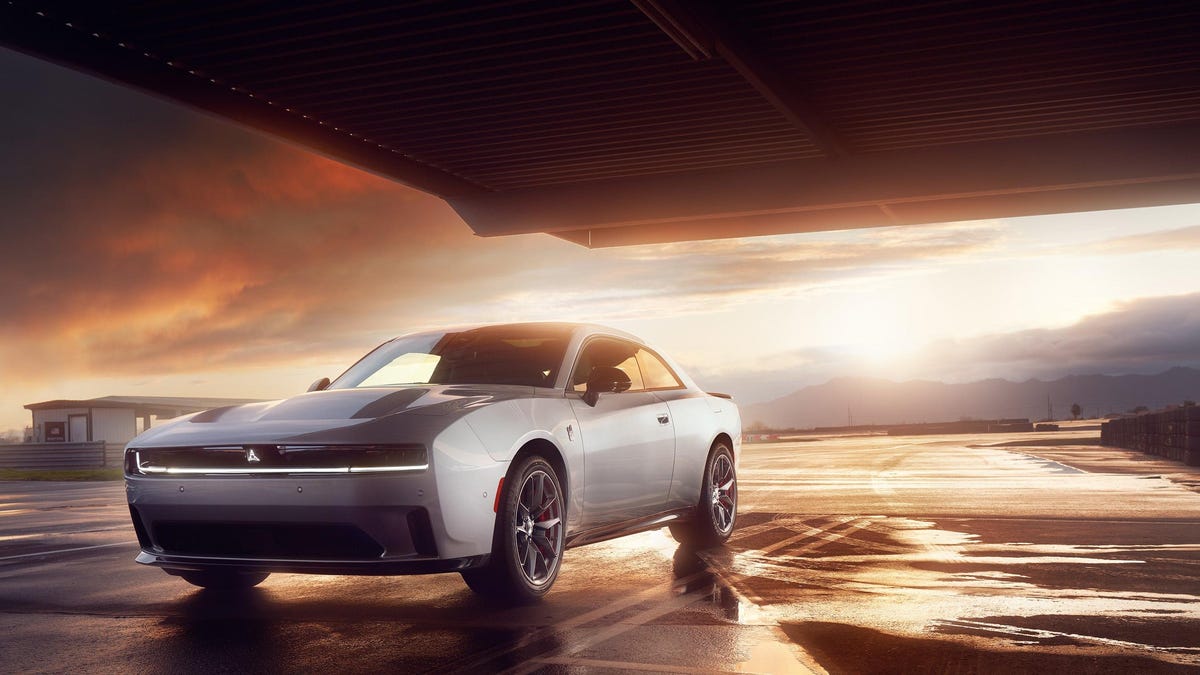Jurisdictions Implementing Electric Vehicle Mandates
Jurisdictions worldwide are enacting regulations mandating the adoption of electric vehicles (EVs) while phasing out internal combustion engine (ICE) vehicles. This move is seen as essential to prevent environmental consequences such as flooding due to global climate change.
Challenges Faced by Traditional Automakers
Despite the environmental benefits of transitioning to EVs, traditional automakers are facing challenges in meeting these mandates. Stellantis CEO Carlos Tavares, in a recent statement to UK journalists, expressed concerns that such mandates could potentially “kill” the car industry in the UK.
Tavares acknowledged the rationale behind increasing EV sales but criticized the scale and timing of the Zero Emissions Vehicle (ZEV) mandate, suggesting that it should align better with the natural market demand.
“I think the fact that they’re imposing a ramp-up of [EV sales] makes sense,” he stated, “The problem is the magnitude and the positioning of the ZEV mandate vis-à-vis the natural demand of the market.”
He emphasized that regulatory mandates should be in harmony with market trends, and if industry sales already surpass the minimum requirements, additional enforcement may be unnecessary. Tavares argued that regulations should adapt to market dynamics to incentivize automakers to produce vehicles that align with consumer preferences, rather than imposing rigid mandates that hinder profitability.
While Tavares raised valid points regarding market-driven regulations, critics argue that aligning mandates solely with current demand fails to spur innovation and overlooks the transformative potential of EV technology in shaping the future automotive landscape.
Image/Photo credit: source url





